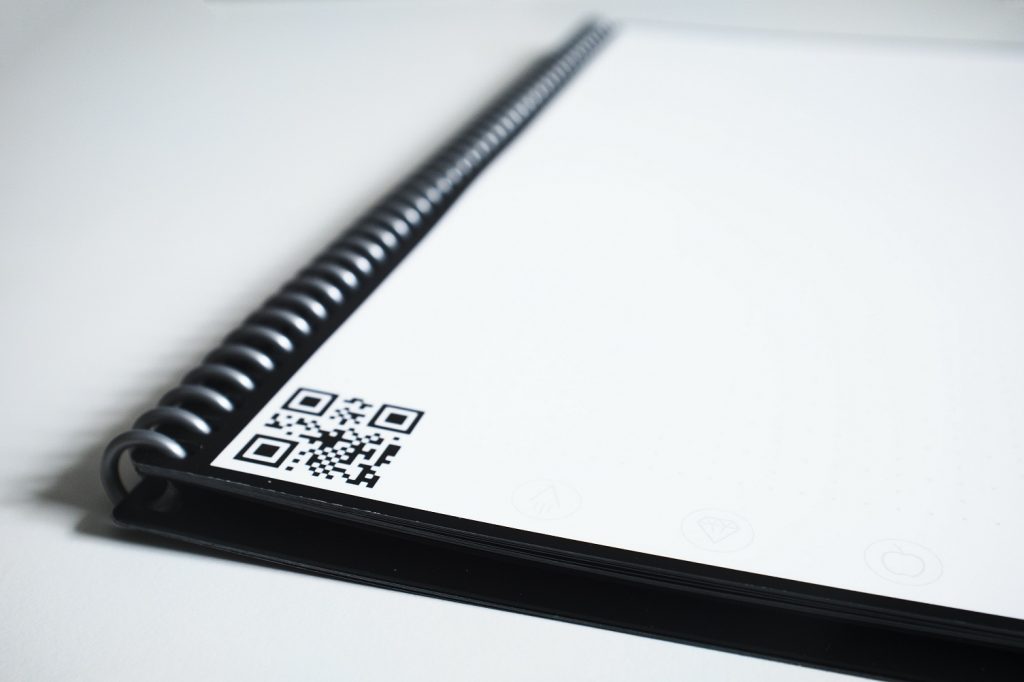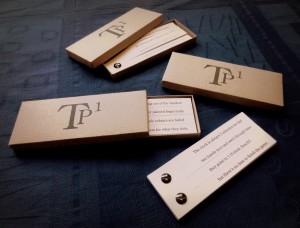
Photo by Pixabay.
Recently I’ve made more space in the reviews section of WriteLion for self-published authors. It fits with the LeftLion ethos to support the underdog, although the underdog does bark a little too much for my liking. Increasingly I find self-published authors find it very difficult to take criticism which can lead to endless streams of emails conversations that I simply can’t be arsed with.
In Issue 52 of LeftLion we reviewed Anthony Scott’s On Ashover Hill. Anthony was a little disappointed with the review but fortunately he dealt with it in a professional manner, sharing his thoughts via his website and Twitter. This has created a constructive dialogue and has made me think about the process of reviewing for self-published authors.
Unfortunately for Anthony his book was given to the best read reviewer I have and so any faults in his text were likely to be magnified due to the sheer breadth and scope of her reading. This has raised a difficult ethical question: should I have matched his book up with someone who mostly reads self-published work or should all books be judged purely on the merit of their words? And is it fair to clump all self-published novels under one banner alongside the likes of Amanda Hocking?
Wherever possible I find the most appropriate person to review specific genres. In this instance I went for a reviewer who could deal with a non-linear narrative and had no problem gobbling up 385 pages without breaking sweat as another realistic concern is ensuring reviewers meet copy deadlines.
One thing self-published authors should bear in mind is that they’ve completed and published a book. Without wishing to sound patronising, that’s an achievement in itself. It’s not our intention at LeftLion to ruin people’s lives. If a reviewer completely slagged off a book I simply wouldn’t run with it. There’s only enough room on this planet for one Julie Burchill.
As it happens I felt Anthony’s review was fair as it pointed out what the reviewer disliked as well as an awareness of what other readers may enjoy. Take this line: ‘Each chapter led up to a climax that was left unanswered, which frustrated rather than intrigued this reader, though the romantic fiction audience it targets will no doubt be more forgiving.’ That’s a pretty succinct précis as far as I’m concerned.
At the end of the day if a book gets reviewed in the magazine it means it has done something right. It is also worth noting that ultimately all reviews are subjective. When authors are unhappy with a review all I can do is offer to include an extract of their book online. This way the reader can judge whether the book is worth purchasing. I’m sure Anthony will take me up on this offer. I just wish other self-published authors were equally professional.


